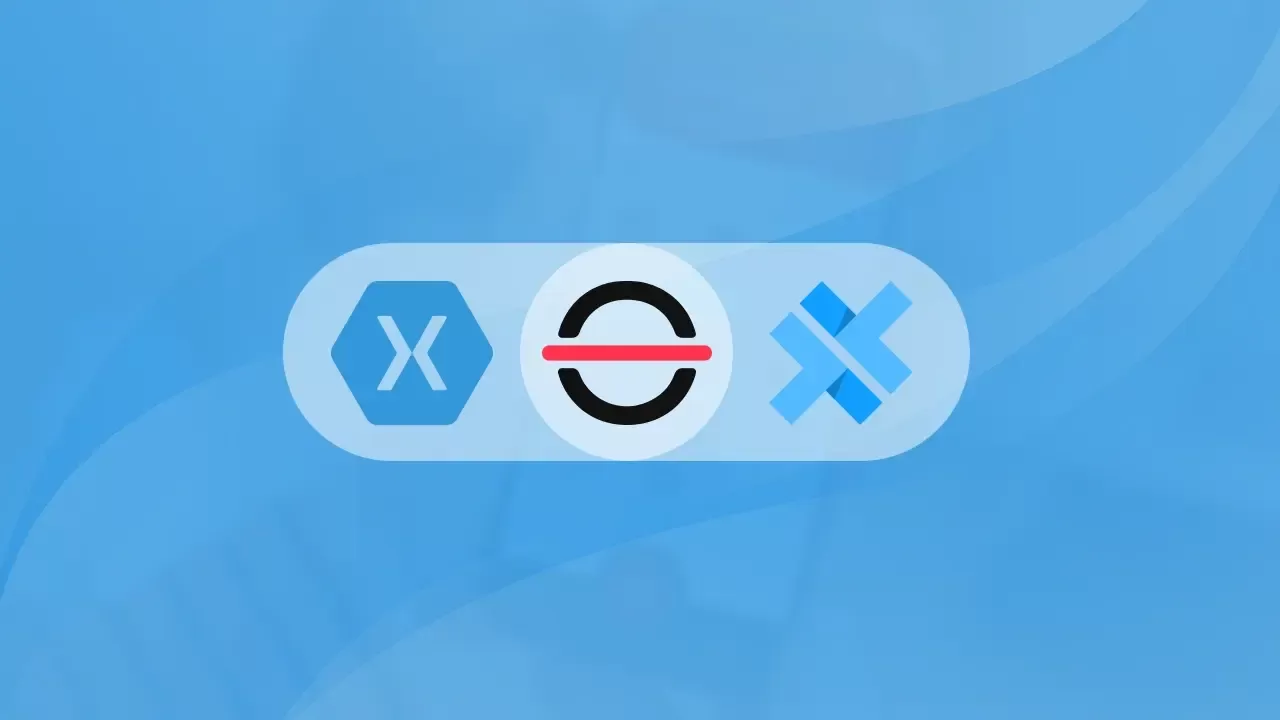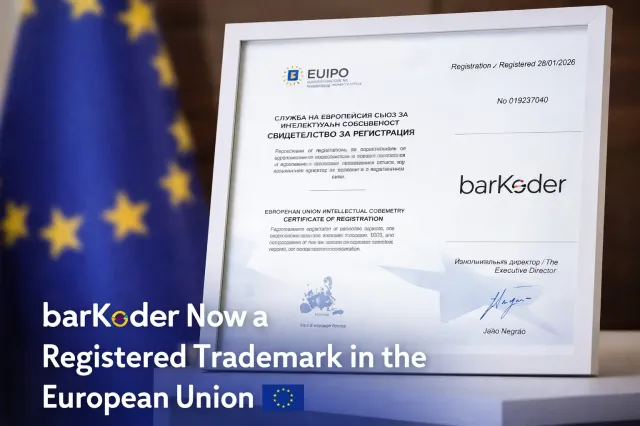
barKoder is now available for Xamarin & Capacitor
Placeholder is proud to announce that the barKoder Barcode Scanner SDK is now available as a plugin to both Xamarin Native and Capacitor application developers.
Xamarin is a tool used for cross-platform mobile app development by over 1.4 milion developers, allowing engineers to share up to 90 percent of code across major platforms, based on the Microsoft technology stack. The platform was built by the developers behind Mono, an open source development platform based on the .NET Framework, with the company founded on May 16, 2011.
Unlike its predecessor, Xamarin was created as a commercial project until the company was acquired by Microsoft in 2016 when it became a popular cross-platform product for developing mobile apps within the Microsoft ecosystem. As Microsoft made Xamarin SDK open-source, it became part of Xamarin Visual Studio Integrated Development Environment
Xamarin uses a single language, C#, to create apps for all mobile platforms. Unlike interpreted solutions, such as Appcelerator Titanium, Xamarin is natively compiled, which makes it a go-to option for building high-performance apps with native look and feel. C# is a mature language with strong safety-typing that prevents code from unexpected behavior. As C# is one of the .NET framework languages, it can be used with a number of useful .NET features such as Lambdas, LINQ, and Asynchronous programming (async/await).
The barKoder plugin for Xamarin can be used to build both Android and iOS Xamarin apps. All you need to do is download the plugin from its NuGet repository or the barKoder Portal, while using the respective Installation Guide. We're also working on the support for Xamarin's successor platform .NET MAUI, which hopefully will be released in the next month or two.
Capacitor, as an open-source initiative, seamlessly empowers the execution of contemporary Web Apps directly on iOS, Android, Electron, and the Web (leveraging Progressive Web App technology). Its distinguishing feature lies in furnishing an intuitive interface that facilitates interaction with native Software Development Kits (SDKs) and Application Programming Interfaces (APIs) on each specific platform. Serving as an alternative to PhoneGap and Cordova, Capacitor maintains the advantages of cross-platform development while adopting a more contemporary approach, capitalizing on the latest Web APIs and inherent capabilities of individual platforms.
Conceptually, one can envision Capacitor as a cutting-edge browser tailored for modern Web Apps, unraveling the complete native potential of each platform through uniform cross-platform APIs. By employing Capacitor, developers can construct a singular application that targets a consistent set of APIs irrespective of the underlying platform, eliminating the need to manage diverse APIs for each targeted environment.
In essence, Capacitor applications are indistinguishable from native apps. They have the capability to integrate native User Interface (UI) controls and tap into any available native SDK or API on the given platform. However, in contrast to more traditional native apps, Capacitor applications often host the majority of their functionality within an embedded WebView control. This strategic choice optimally unlocks the desired cross-platform advantages and operational efficiencies.
The barKoder plugin for Capacitor is for now available for iOS and Android, while we work on introducing support for the Web Assembly. It can be obtained via its NPM JS Repository Page and directly via the barKoder Portal. And naturally, there's a published Capacitor Installation Guide via the barKoder Documentation Hub.






